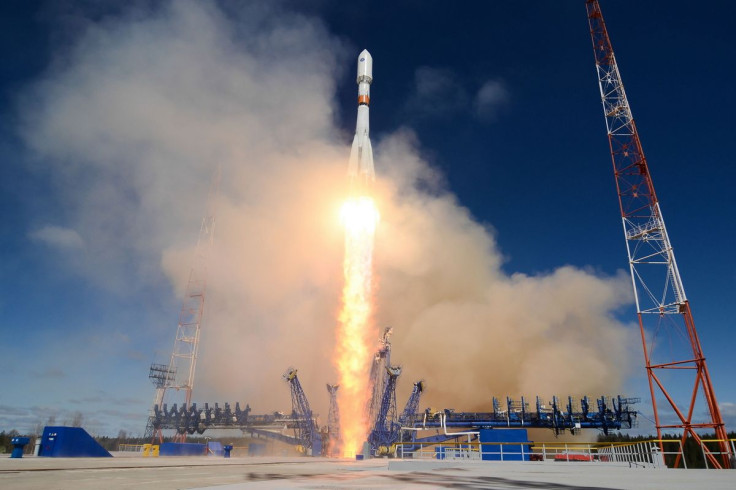Russian Space Chief Says Frustrated Over Jokes, 'Hysteria' Following Crew Dragon Launch

KEY POINTS
- Elon Musk's joke after the Demo-2 mission did not sit well with the Roscosmos chief
- Roscosmos chief Dmitry Rogozin aired his frustrations in a lengthy column in Forbes
- He noted Russia's contributions to maintaining the ISS and defended Russian launches
Roscosmos chief Dmitry Rogozin was not happy with some of the jokes and statements made after the SpaceX Demo-2 mission. On Monday (June 8), he expressed his frustrations in a lengthy column in the Russian edition of Forbes.
For almost 10 years, following the demise of the Space Shuttle program, American astronauts have had to hitch rides aboard the Russian Soyuz rockets. After the historic Demo-2 mission that brought human spaceflight back to American soil, SpaceX's Elon Musk joked at a press conference that "the trampoline is working," explaining that it was an inside joke.
This, however, was likely a reference to something that Rogozin said back in 2014 when he joked about the U.S. reliance on Russian spacecraft, saying that the U.S. might as well "deliver its astronauts to the ISS by using a trampoline."
President Donald Trump also praised the SpaceX launch, saying it brought the U.S. back as the world's leader in space.
Musk's quip and Trump's statement lit up Russian social media, so much so that Rogozin's name began trending on Twitter. Roscosmos spokesperson Vladimir Ustimenko responded, saying it's hard to understand the "hysteria" over the launch and that what happened should have happened a long time ago.
Rogozin did congratulate NASA administrator Jim Bridenstine and Ustimenko called the launch "wonderful news." However, in a lengthy column on the Russian edition of Forbes, Rogozin aired his frustrations at the statements that were made, noting Russia's contributions to preserve the International Space Station for the last nine years.
"When our partners finally managed to conduct a successful test on their spacecraft, there were nothing but jokes and mockery directed at us," Rogozin wrote, according to Reuters, saying that the American space industry should have thanked Russia instead.
"Yes, NASA and Boeing all these nine years paid for the training of their people in Star City and Baikonur, as well as a space ticket round trip, but this money we honestly earned," Rogozin wrote, as translated by Google. "And they do not compare with the colossal moral burden that fell in these years on the shoulders of the Russian manned space, alone responsible for the preservation of the International Space Station."
Rogozin also noted a "strange" statement by NASA spokesperson Stephanie Shierholz, who said Russian cosmonauts are expected to fly aboard the Crew Dragon or the Starliner, perhaps considering that a seat on the Crew Dragon costs $55 million while a seat on the Soyuz costs over $90 million. Rogozin explained that the new U.S. ships are over twice as heavy as the Soyuz but have only one additional seat compared to Russian ship.
He also noted that the cost of Russian launches is still lower than those of the Americans, adding there is some confusion between the cost of the launch and the price of the launch service, the latter being determined by the market.
"On this basis, I claim that the Soyuz MS spacecraft in conjunction with the Soyuz-2.1a rocket was and remains out of competition, no matter what our competitors claim," he wrote.
Rogozin pointed out that Russia was the first to fly humans to space, and that the Soyuz MS is known to be the most reliable spaceship in the world.
While agreeing with the criticisms about the delays and setbacks that Roscosmos has experienced in recent years, Rogozin also noted Russia's big plans for space in the coming years, which includes an "eco-friendly" launch vehicle.
"I believe in our team, capable of achieving important achievements of Russia in space," Rogozin said.
© Copyright IBTimes 2025. All rights reserved.






















